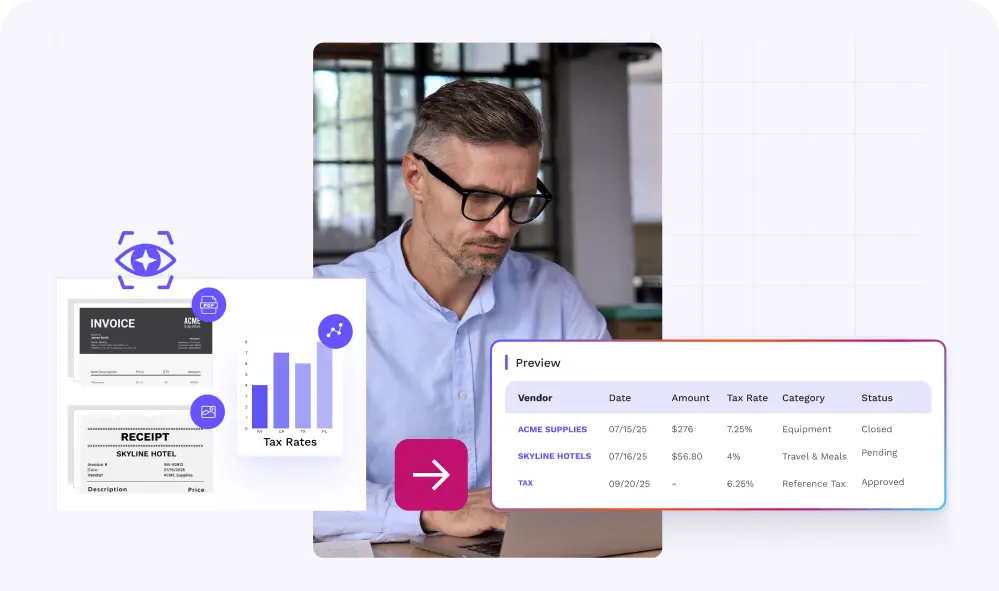What Is a Data Lake?
A Data Lake is a centralized repository that stores raw, unstructured, semi-structured, and structured data at any scale. Unlike a data warehouse, a data lake preserves data in its original format until it’s needed. This allows for greater flexibility and agility in data analysis, as well as the ability to store and analyze large volumes of data. Data lakes are typically cloud-based, making it easier for organizations to collect and store large amounts of data without the need for physical infrastructure.
Data lakes are often used in conjunction with other data storage systems, such as a data warehouse or a data mart. However, unlike these traditional systems that require structured and formatted data, a data lake can store raw and unstructured data from various sources. This includes social media posts, sensor readings, customer emails, images, videos, and more.
Characteristics of a Data Lake
Some key characteristics of a Data Lake include:
- Scalability: A data lake is highly scalable and can accommodate large volumes of data without any restrictions.
- Flexibility: A data lake is designed to be flexible and can handle both structured and unstructured data. This makes it highly adaptable for different types of data sources.
- Cost-effective: The use of commodity hardware and open-source software makes a data lake a cost-effective solution compared to traditional systems.
- Real-time processing: A data lake has the ability to process streaming data in real-time, making it useful for time-sensitive applications such as fraud detection or stock market analysis.
- Data governance: Data lakes have built-in features for managing access control, metadata management, and data lineage, ensuring proper governance and compliance with regulations.
- Analytics-ready: With the use of advanced technologies like machine learning and artificial intelligence, data lakes can provide insights and predictions in real-time, making them analytics-ready.
- Cost-effective: Data lakes are built on scalable storage platforms, allowing organizations to store large amounts of data at a lower cost compared to traditional data warehouses.
- Flexibility: Data lakes allow for a variety of data types and formats to be stored and processed together, providing more flexibility for analysis and experimentation.
- Data democratization: With the centralized storage and access of data in a data lake, it becomes easier for different teams within an organization to collaborate and share insights from the same dataset.

